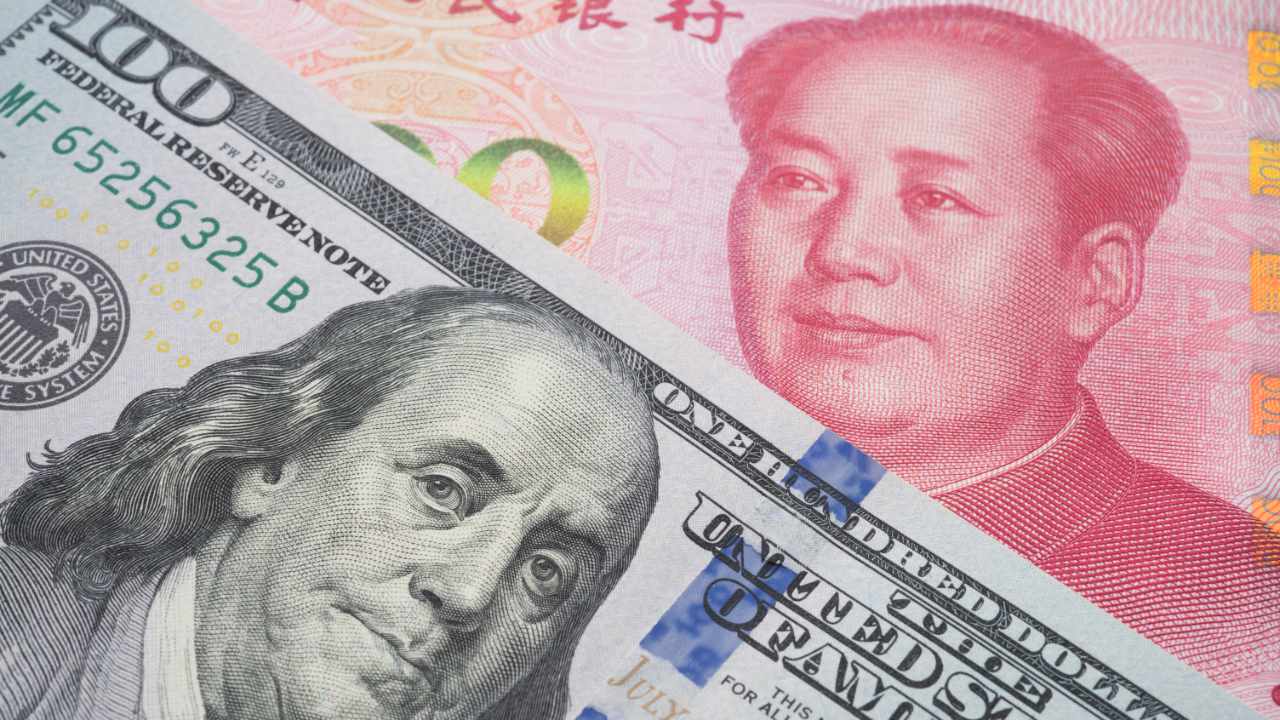
Economist Nouriel Roubini predicts that the world reserve currency regime will shift from unipolar to bipolar. He expects that many countries seeking to reduce their dependence on the U.S. dollar will propose the Chinese renminbi as an alternative currency to the U.S. dollar.
Roubini on the U.S. dollar and the Chinese yuan as world reserve currencies
Nouriel Roubini, aka Dr. Doom, discussed the future of the US dollar as the world’s reserve currency in an interview with Indian media outlet CNBC TV-18 published Tuesday. Roubini is chief economist at Atlas Capital and professor emeritus of economics and international business at New York University’s Stern School of Business.
He explained that most countries forming rival groups to compete with the United States and reduce their dependence on the dollar are seeking to establish alternative economies, currencies, and world reserve currency systems. This economist added:
These allies will move toward proposing the RMB (renminbi) as an alternative system to the US dollar. We are moving from a unipolar to a bipolar world reserve currency system.
This is not the first time Roubini has referred to a bipolar currency system; in February, he warned that escalating financial sanctions and other restrictions imposed by the US government on hostile countries would trigger the rise of a bipolar global reserve currency system in the next decade.
India and de-dollarization
Roubini also mentioned India in particular. Noting that the country’s fiscal policy “could be better,” he stressed that it was “fine” and identified India as a promising emerging market.
Economists believe that India and several other emerging markets will become dominant forces in the coming years and decades, especially with the implementation of additional reforms. As a result, we believe these markets will be promising investment destinations for both the bond and equity markets.
Dr. Doom does not believe that India will join the ex-dollar movement, despite the potential rise of alternative currency systems. He believes that because of India’s strategic rivalry with China, it is more likely to maintain cooperation with a Western currency system than with the renminbi. and opined that:
India may currently need oil, energy, food, and fertilizer from Russia, but the dependency may change over time.
The BRICS countries are reportedly working to develop a new form of currency that would reduce their dependence on the U.S. dollar; BRICS currently consists of Brazil, Russia, India, China, and South Africa, but Argentina, Iran, Indonesia, Turkey, Saudi Arabia, Egypt, and several other countries have expressed interest in joining. 10 countries in the southern hemisphere














